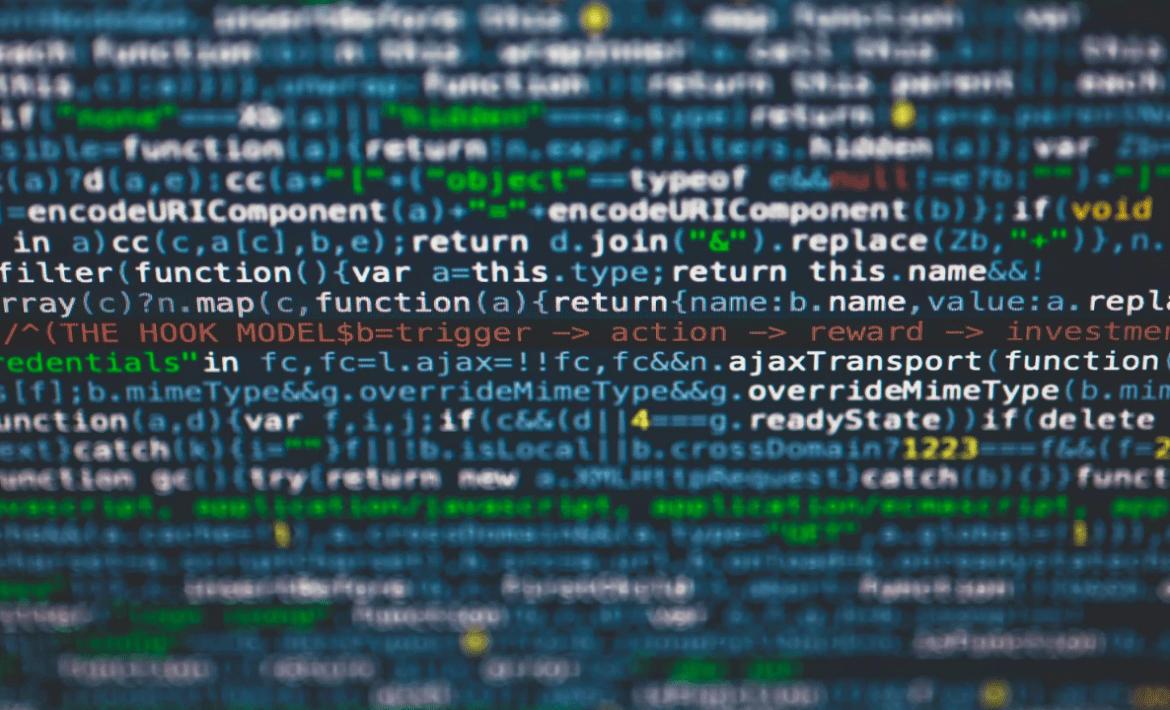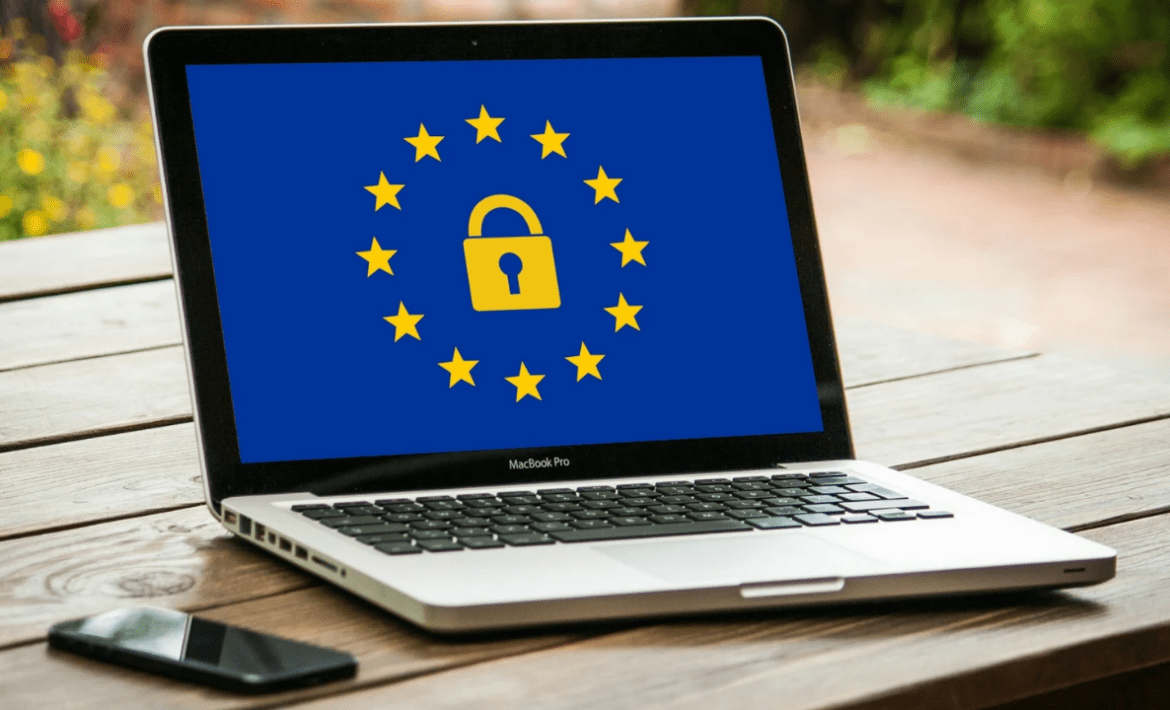California’s Age-Appropriate Design Code: A push for increased online safety for children
California introduced the Age-Appropriate Design Code Act aimed at enhancing child online safety and data privacy. California’s Age-Appropriate Design Code Act (CAADCA) was introduced as a groundbreaking law aimed at strengthening online protections for children under 18. Signed into law in September 2022 by Governor Gavin Newsom, the CAADCA was modeled after the UK’s















